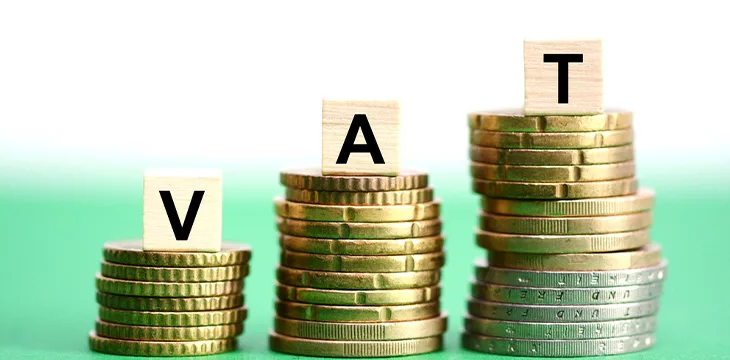|
Getting your Trinity Audio player ready...
|
Thailand’s Finance Ministry has announced the removal of value-added tax (VAT) on digital currency trading after years of government crackdown on the sector.
The Bangkok Post reported that the government’s stance attempts to transform Thailand into the leading digital currency hub in Southeast Asia. Thailand’s government is keen on exploring new fundraising sources for small and medium-scale enterprises (SMEs).
Previously, virtual asset service providers and traders had to pay a mandatory 7% VAT on every digital asset transaction within Thailand’s borders. Data from Statista pegs the number of active digital accounts in Thailand at 120,000, fetching the Thai government a hefty sum through VAT.
With daily trading volumes in Thailand reaching the $100 million mark, Thailand’s Finance Ministry will be leaving a large chunk of government revenue on the table.
Operating retroactively, the new tax exemption rules have been effective since January 1, 2024, and will extend to registered dealers and brokers licensed by the Thai Securities and Exchange Commission (SEC).
The new policy will not affect the previous VAT exemption rule on transferring digital investment tokens and transfers to licensed digital currency exchanges.
Finance Ministry Secretary Paopoom Rojanasakul noted that extending the VAT exemption to dealers and brokers will offer several benefits to Thailand’s digital economy. Firstly, the ministry expects a spike in the number of digital asset service providers seeking registration from the SEC.
Another potential benefit of Thailand’s new policy is an increase in the metrics of financial inclusion and trade financing options for enterprises in the country. Analysts predict a massive capital inflow by offshore digital currency investors into Thailand, enticed by tax exemptions and a friendly government stance toward the asset class.
Changing stances
Following the implosions that rocked the digital currency ecosystem in 2022, Thai authorities initiated a clampdown on the industry, banning the staking and lending of digital currencies.
As the tension thawed, the country’s SEC lifted restrictions on retail investment for digital currencies, removing the investment cap of 300,000 baht ($8,450).
In a show of support for the asset class, the government announced an ambitious national digital currency distribution plan to power a short-term economic boost for the country. However, critics have poked holes into the plan’s feasibility, citing funding challenges and inflationary concerns.
“The 10,000-baht digital wallet scheme can be compared to the rice-pledging scheme of the Yingluck Shinawatra government which resulted in several cabinet ministers being jailed,” said former Senator Rosana Rositrakul. “I, as a taxpayer, am doing the duty of a citizen in calling for concerned organizations to look into this matter.”
Watch: Importance of digitalization for enterprises

 03-02-2026
03-02-2026 




